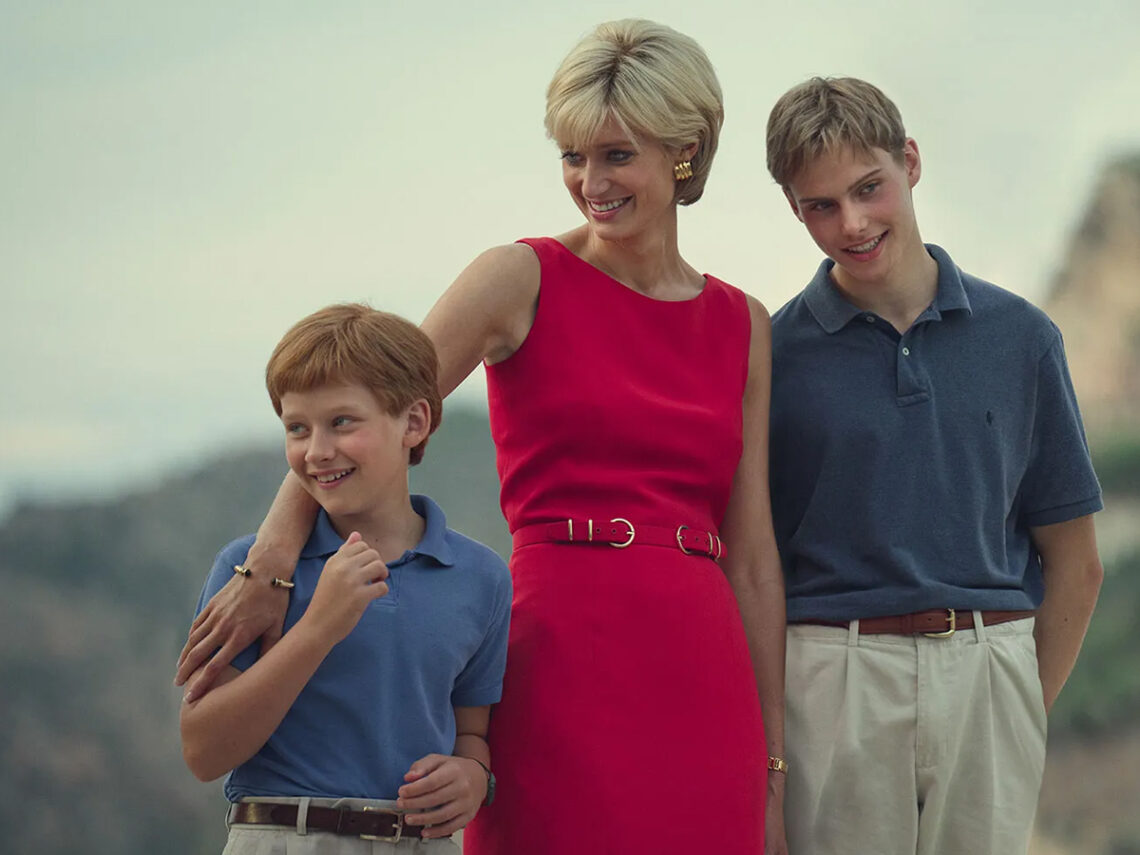
The Netflix drama that aged like fine wine: watch ‘The Crown’ as soon as you can
Some Netflix dramas arrive with huge hype, trend for a season, and then quietly disappear into the black hole of the algorithm. But then there are the rare ones that not only hold their ground, they grow more fascinating with each passing year. They are the series people recommend without hesitation, the ones that spark fresh debates long after the credits roll.
This is exactly what has happened with one royal drama that, even after concluding, still finds itself pulled into conversations about the present. Its events may be set decades ago, but somehow, they feel like they are unfolding right now. The reason is simple: the story it tells has never really ended.
We are talking about The Crown, Netflix’s meticulous retelling of Queen Elizabeth II’s reign and the changing face of the British monarchy. Since its debut in 2016, it has evolved from a gorgeously produced period drama into a cultural touchstone. Over the years, it has offered audiences a way to understand and sometimes reinterpret the headlines surrounding the royal family today.
Part of what makes The Crown “age like fine wine” is that it never feels locked in the past. As each new season explored different decades of the Queen’s reign, the echoes of those moments could still be heard in the headlines. From political scandals and palace intrigue to deeply personal family dramas, the issues it portrays, including power, duty, sacrifice, and the tension between personal life and public expectation, continue to play out in real life.
And with the royal family remaining a constant subject of global fascination, the show has gained even more weight in hindsight. Watching Prince Charles’ early struggles with the public or Princess Diana’s battles with the media feels strikingly relevant in light of recent years. Harry and Meghan’s interview, the passing of Queen Elizabeth II, and the ongoing reshaping of the monarchy only make The Crown feel sharper, as though it were predicting the future while telling the past.
The series also offers something rare in the age of fast-binge TV: the ability to spark thoughtful conversation. Viewers debate the accuracy of its portrayals, but that’s part of the appeal. It invites audiences to engage with history, fact-check moments, and draw their own conclusions about what happened behind palace walls. It is entertainment that doubles as cultural education, keeping it in the public eye even long after its final episode aired.
Another reason The Crown remains relevant is its craftsmanship. Every element, from the lavish set design to the intricate costume work, is steeped in detail, making it a joy to revisit even when you know the story. Performances from Claire Foy, Olivia Colman, Imelda Staunton, and Emma Corrin ensured that each era felt distinct yet seamlessly connected, adding to its rewatch value. Years from now, it will still look and feel timeless.
Looking ahead, the relevance of The Crown will not fade quickly. The monarchy’s evolution from a traditional figurehead institution to an increasingly scrutinised and modernised entity will keep fuelling public curiosity. And as more royal headlines emerge, viewers will return to the series, seeing portrayals of Queen Elizabeth, Prince Philip, Charles, and Diana with fresh eyes.
If ageing like fine wine means gaining depth and complexity over time while remaining utterly compelling, The Crown has secured its place as one of Netflix’s most enduring achievements. It may have wrapped its final season, but the story it tells will always be unfolding in the real world.